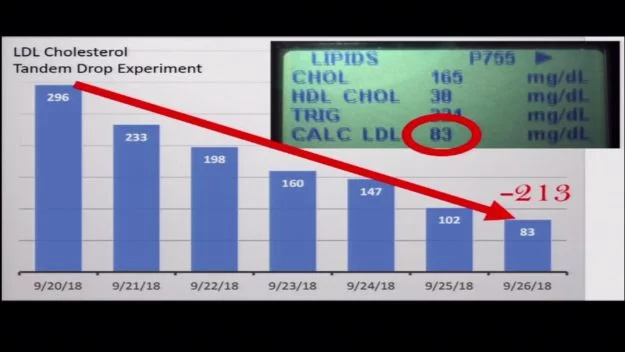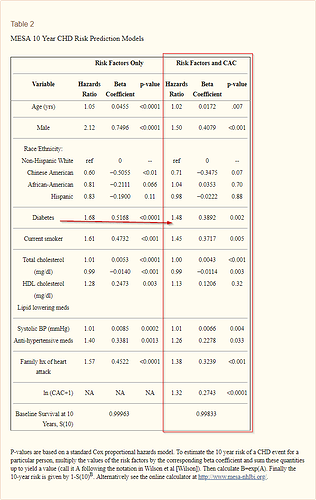If you really want to lower your LDL score, it’s as simple as eating nothing but bread and processed meat. Dave Feldman’s “Prison Food Diet” experiment demonstrated how eating Wonder Bread and lunch meat lowered his LDL from 296 to 83 in 7 days.

But before you get all excited about dropping your cardiologist’s jaw, you should note that while lowering his LDL score dramatically, Dave Feldman’s triglycerides shot from the mid 70s to above 200 and his HDL cholesterol dropped almost 20.
What does this prove? It proves you can have a “healthy” LDL by eating garbage. It proves that looking only at LDL as a predictor of heart disease is flawed. It proves how easy it is to manipulate LDL scores and that freaking out over a high score is unnecessary when you don’t consider HDL and Triglyceride scores.








